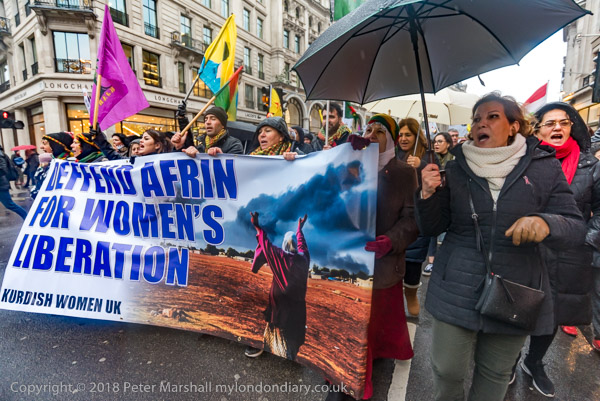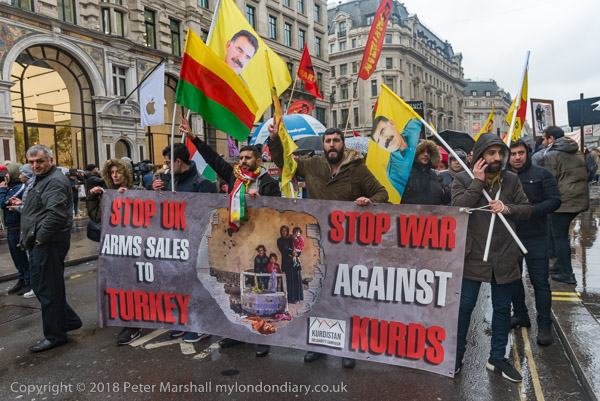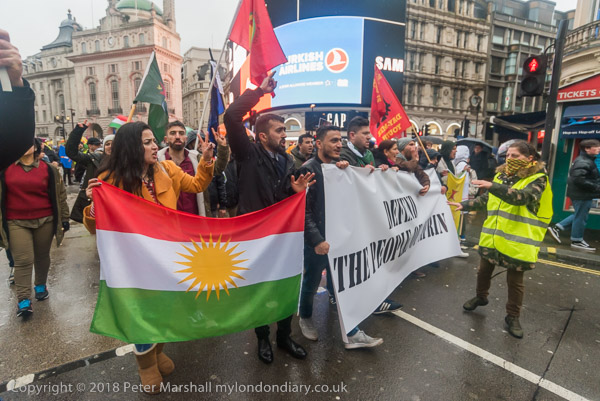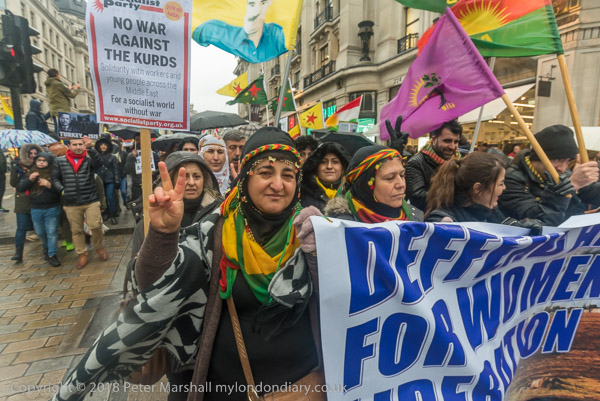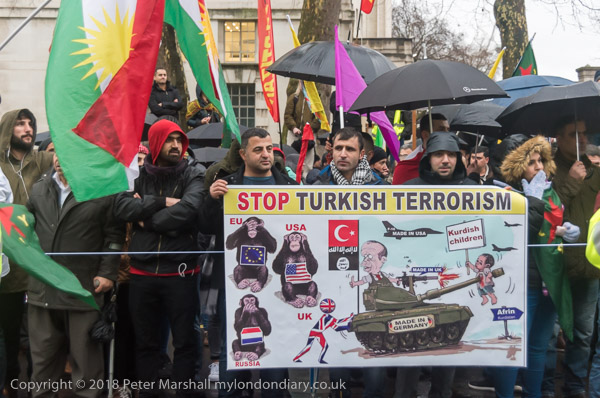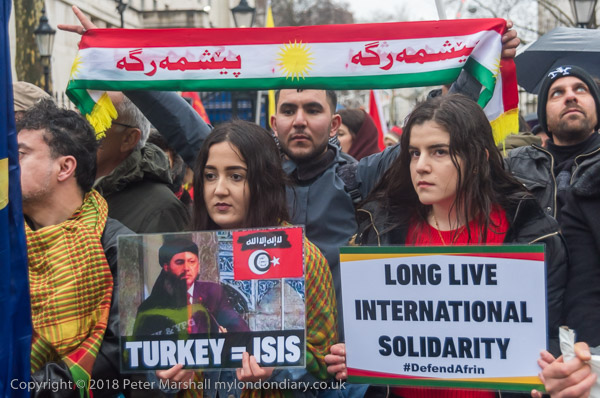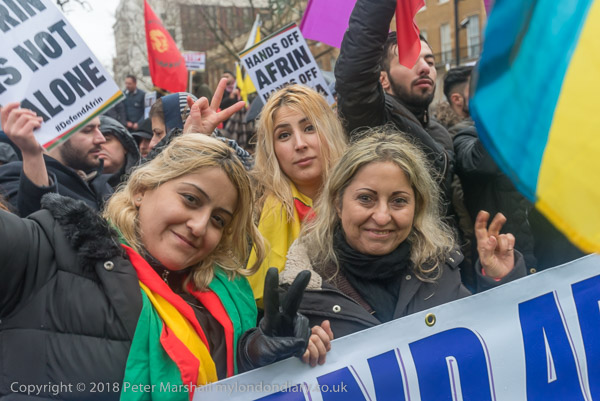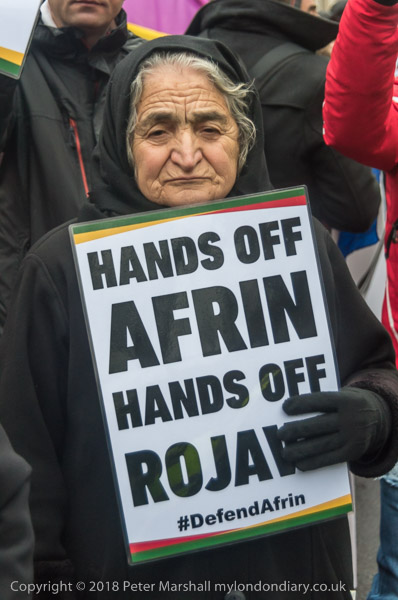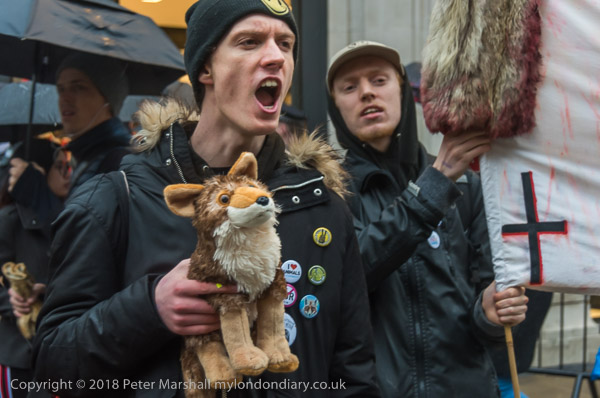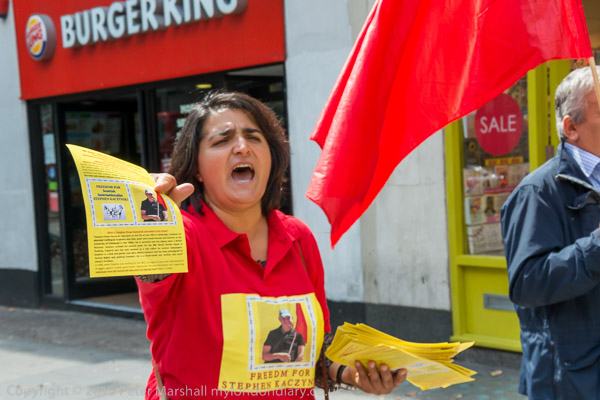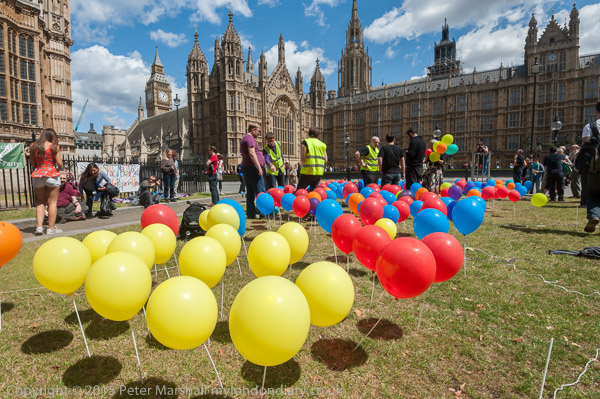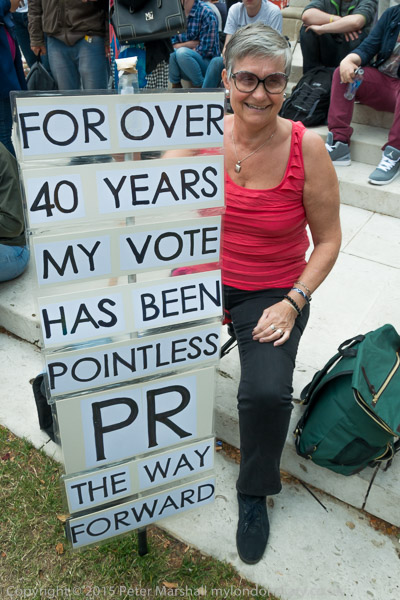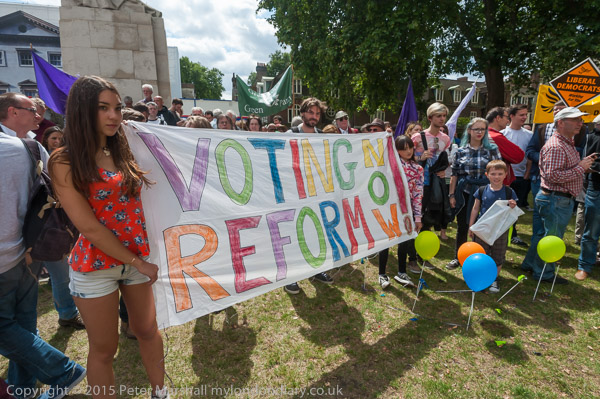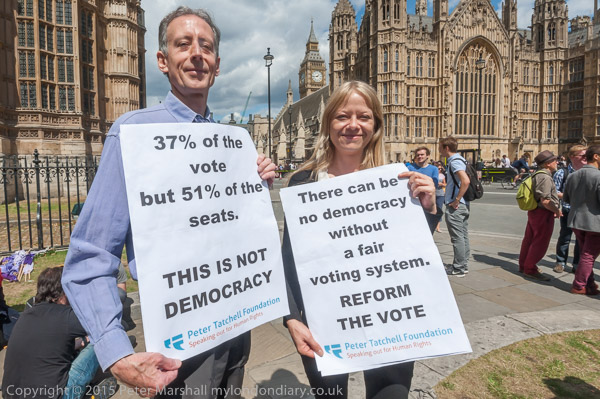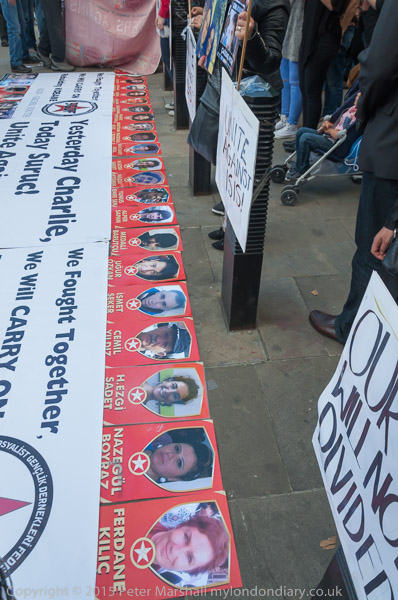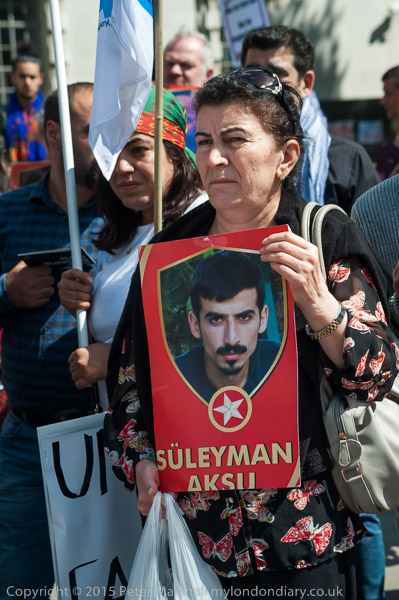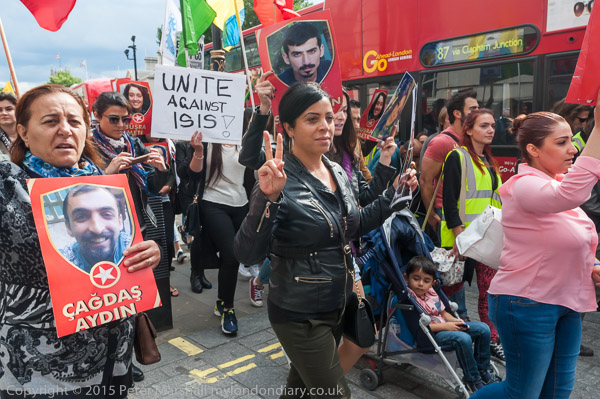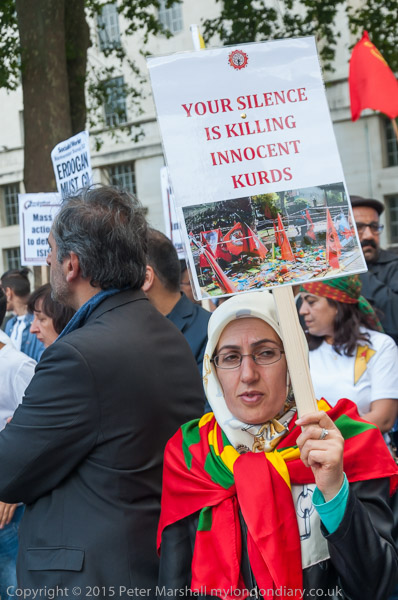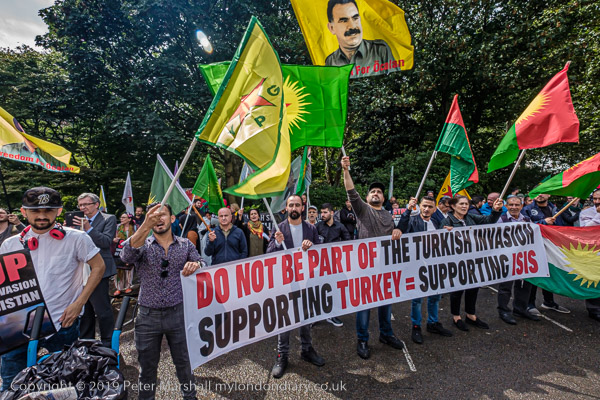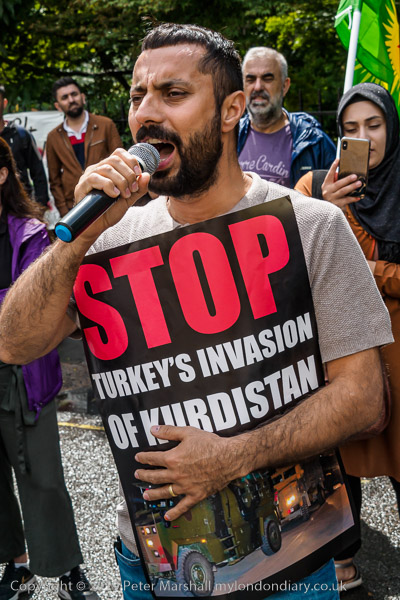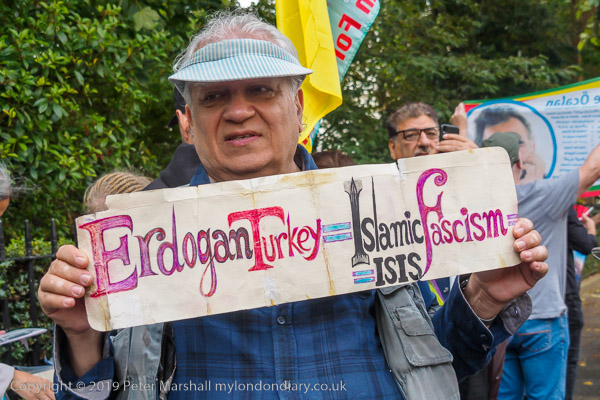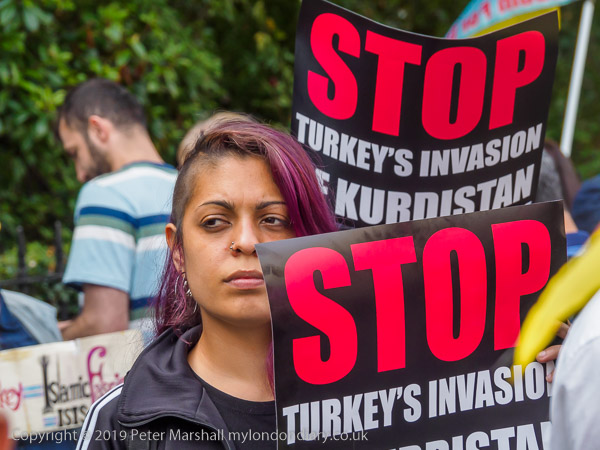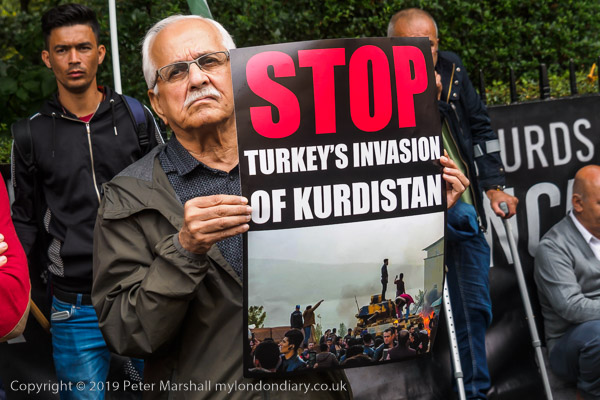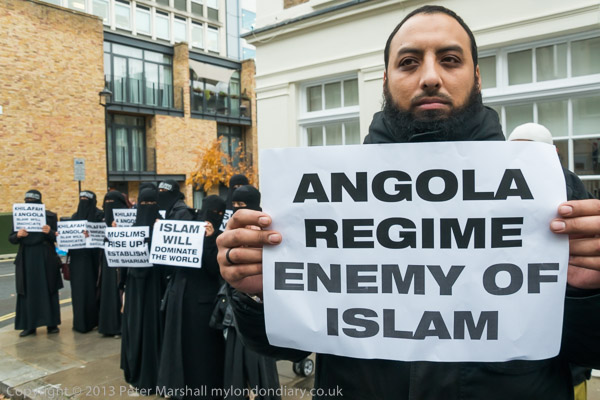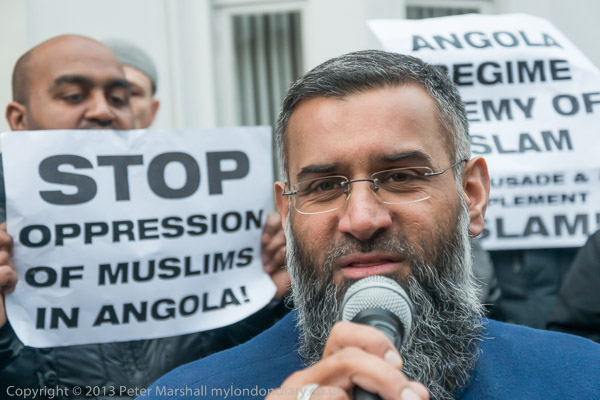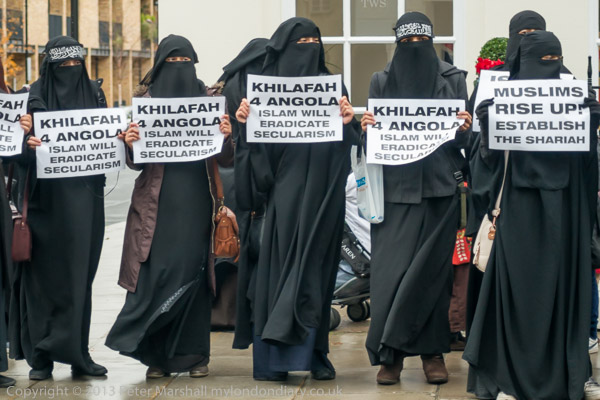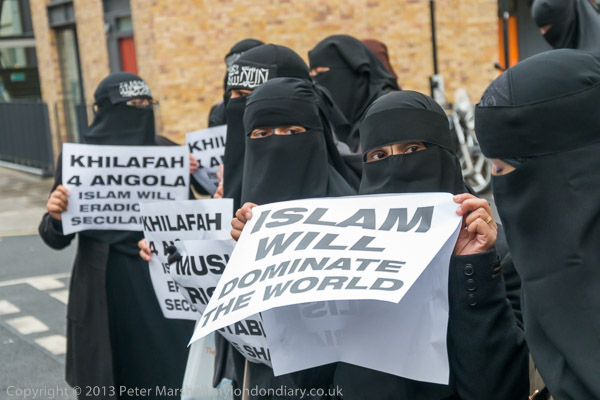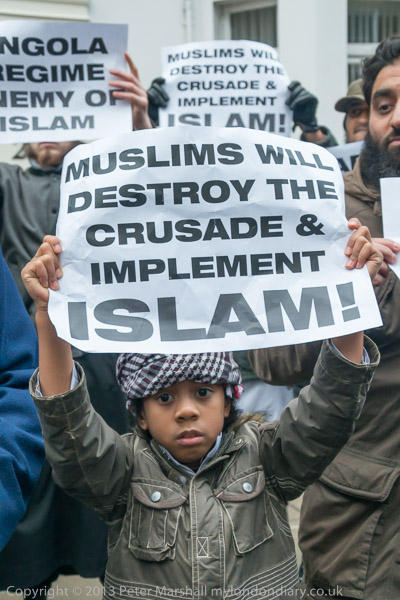BBC Ignores Turkey’s War On Kurds. Six years ago today, on Sunday 6th March 2016, thousand of Kurds marched from the BBC to Trafalgar Square calling for an end to the silence from Turkey’s NATO allies and the western press over Turkey’s increasing war against Kurds since the political successes of the Kurdih political party and the formation of the popular progressive democracy of Rojava in Northern Syria.
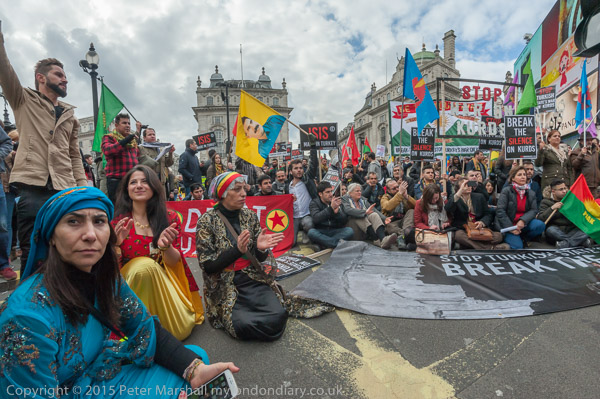
On My London Diary I posted a list of over 30 UK groups supporting in the protest including the National Union of Teachers, the PCS and RMT as well as other trade unionists and branches, the Stop The War Coalition, the Green Party, Unite Against Fascism, many left wing parties and political groups and of course Kurdish organisations.
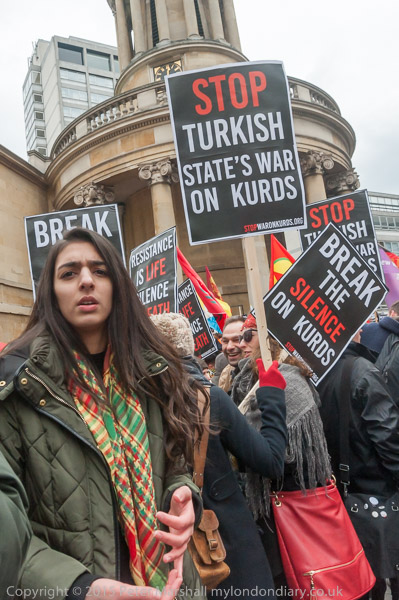
The repression and marginalisation of Kurds by Turkey is as old as the Turkish state, formed in 1923. For many years the state even denied their existence, describing them as “mountain Turks”, and it outlawed their language and clamped down on their cultural events such their Nowruz New Year Festival and on the wearing of their traditional dress and Kurdish names. Even the words Kurds and Kurdistan were banned.
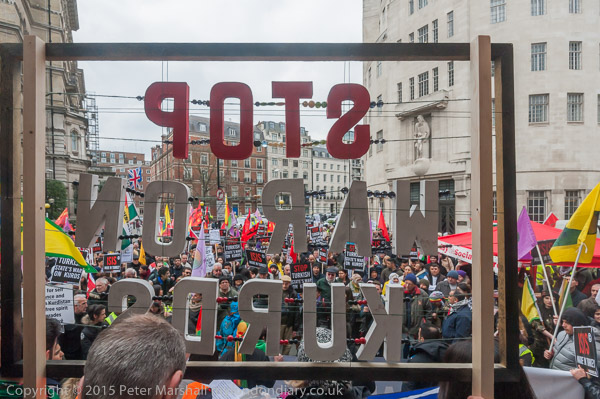
The 1990s and early 2000s saw some relaxation of the repression of their language and community celebrations, but it remains illegal to teach in Kurdish and there is still limited freedom of expression. In 1978 Kurds formed the militant Kurdish Workers’ Party, PKK, which launched a military freedom fight against Turkey in 1984. PKK leader Abdullah Öcalan was captured in Nairobi in 1999 by Turkish agents assisted by the CIA and flown back for trial in Turkey. He was sentenced to death, but this was commuted to life imprisonment when Turkey abolished the death penality and since then has been held in a Turkish high-security island prison.
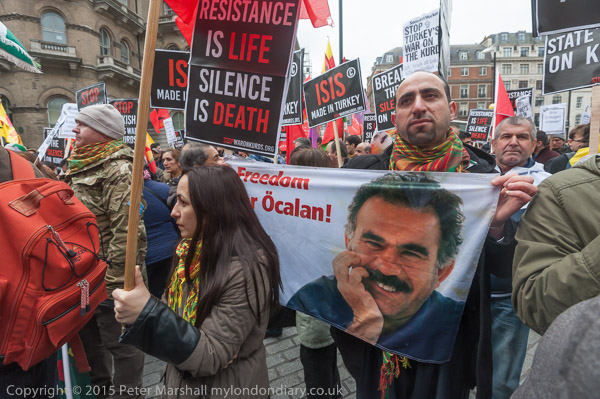
Öcalan had argued for a political solution to the conflict since 1993 and even in prison remains the leader of the PKK. Subjected to long spells on isolation there have been periods where he has been allowed visits and has been in negotiations with the Turkish government. He has also written about the democratic confederalism which is at the heart of the constitution of the Autonomous Administration of North and East Syria, widely known as Rojava, founded in 2012.
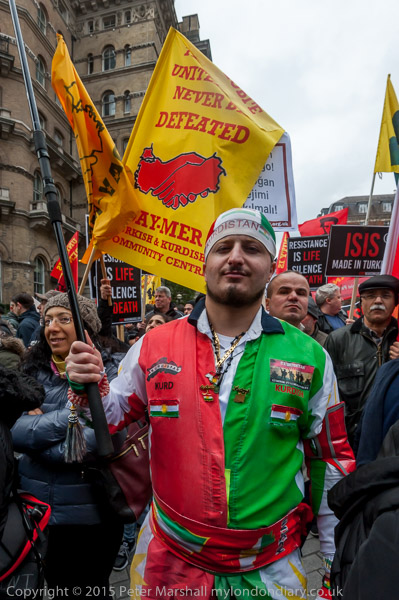
Rojava’s decentralised democratic form of government recognises and includes the various communities in the area – Kurds, Arabs, Turkmen, Yazidis, Assyrians and others as well as promoting the equality of women.
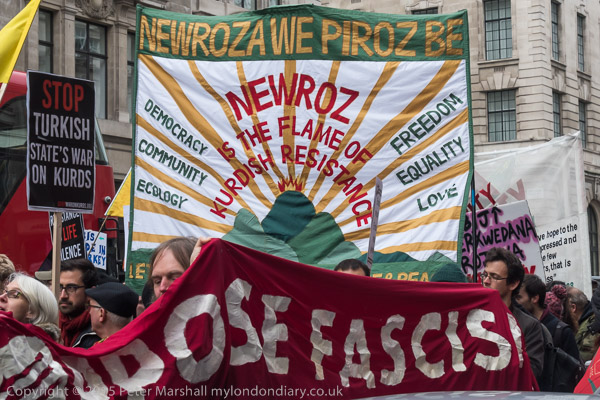
The main ground forces which have been effective against Daesh (ISIS) in the region are from the Kurdish People’s Protection Units, men in the YPG and women in the YPJ, who with the help of US air support defeated the Islamic State in Northern Syria.
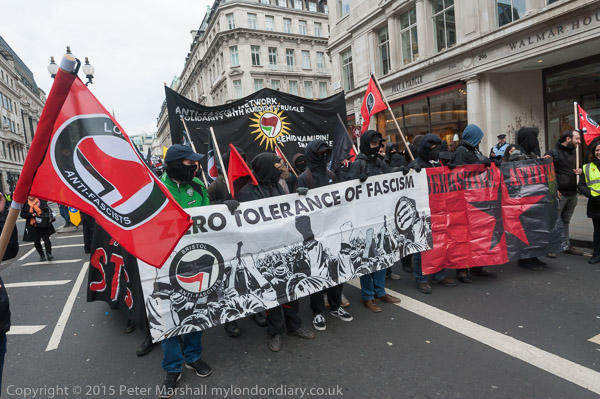
Turkey regards the YPG and YPJ as being a part of the PKK, regarded by them and many countries as a terrorist group and widely banned. Since 2016 it has used its overwhelming military power (supported by NATO and Russia) to try to crush the Kurds and to capture Rojava, occupying large areas. Together with Syrian allies (including some former ISIS fighters) they are carrying out a policy of ethnic cleansing against the Kurds, and have been engaged in a wide range of war crimes.
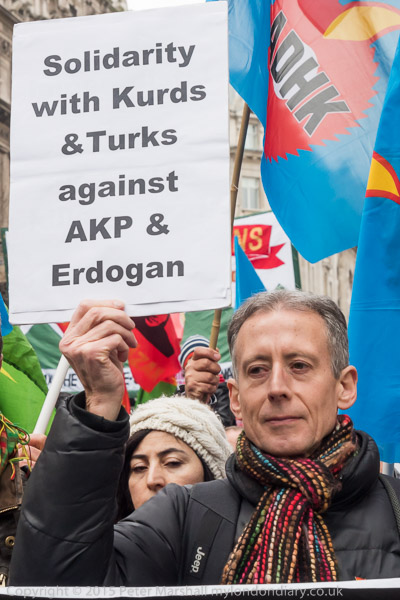
As well as calling for an end to attacks by Turkey and for full and un-biased reporting of Turkey’s attacks on the Kurds the marchers want the UK to end its support for the Turkish aggression and also to repeal the ban on the PKK under the Terrorism Act 2000. It is banned in most other western countries including the EU, where several court verdicts have found its proscription to be illegal but it has remained.
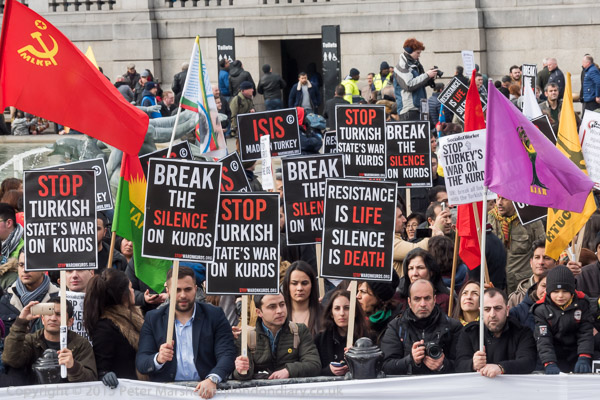
The march sat down for a few minutes stopping traffic at Piccadilly Circus, then went on the a rally in Trafalgar Square, where I left them. There were no reports of the march on the BBC or in other UK mass-media, though I think it was covered by some foreign news services and our minuscule left-wing press.
More at Break the Silence! Turkey’s War on Kurds.
